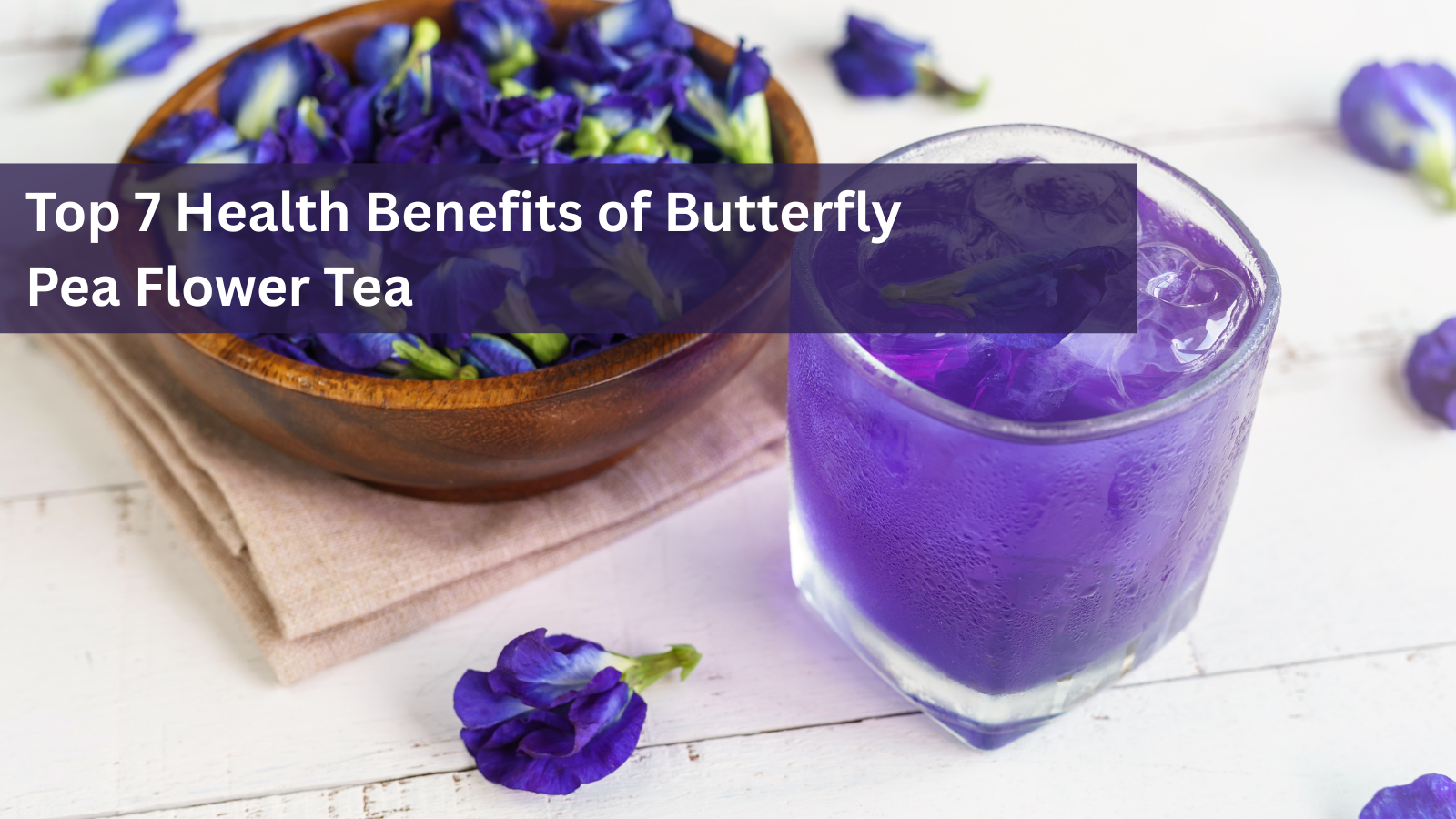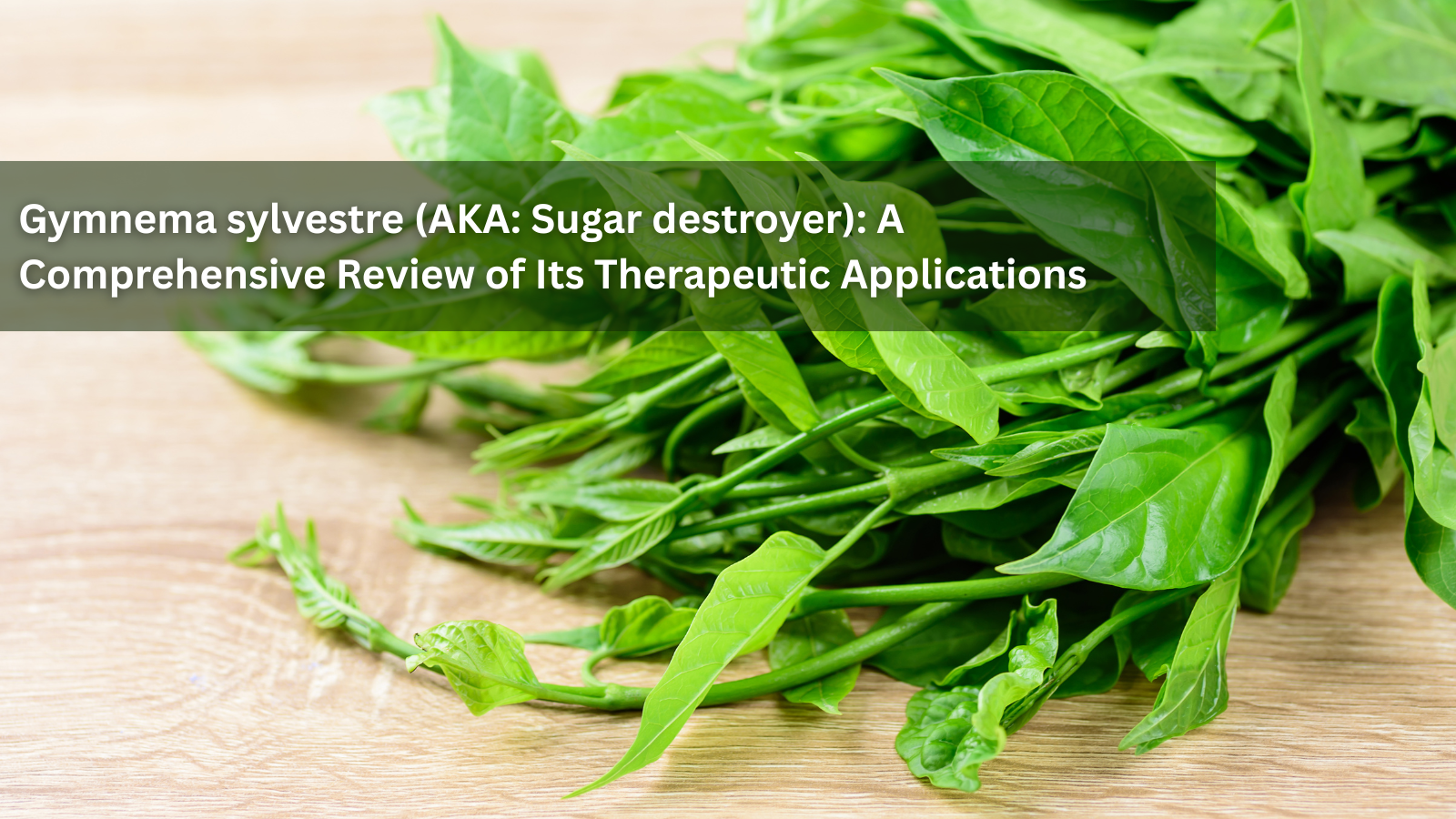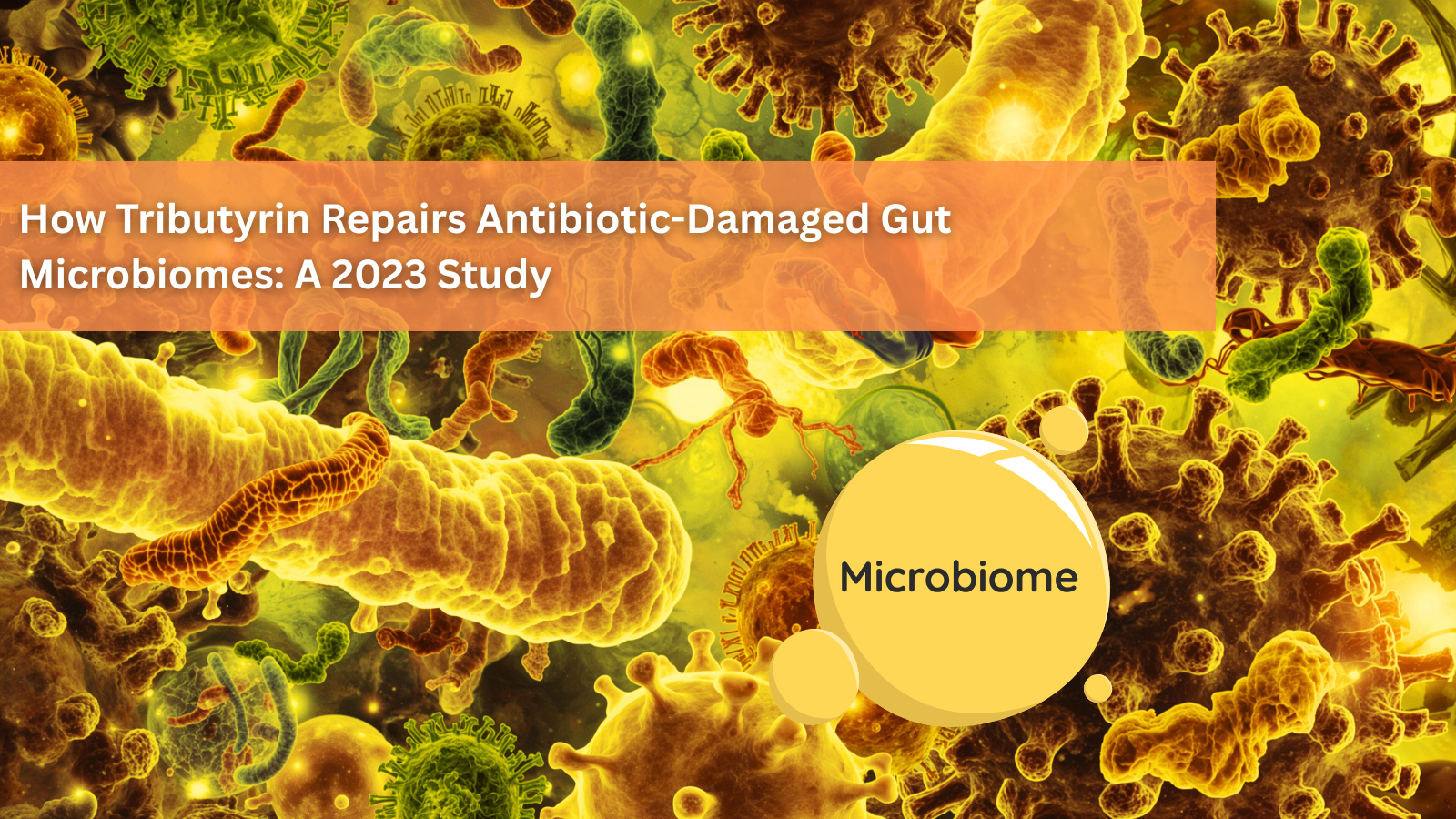Cadmium in All Sunflower Seeds: ConsumerLab Findings

While sunflower seeds are incredibly nutritious, it’s important to be aware of their cadmium content. Cadmium is a heavy metal that can accumulate in the body over time and potentially cause harm to the kidneys and bones if consumed in large amounts. Sunflower plants naturally absorb more cadmium from the soil compared to other plants, which means the seeds can contain higher levels of this metal.
ConsumerLab has conducted tests to measure the cadmium levels in various sunflower seed products. Here's what they found:
- Some sunflower seed brands have higher cadmium levels than others. It's crucial to choose brands that test their products for heavy metals.
- Regular consumption of sunflower seeds in moderate amounts is generally safe for most people.
- Consumers who eat sunflower seeds frequently should consider alternating with other nuts and seeds to minimize cadmium exposure.
Cadmium in Sunflower Seeds & Butters – Key Findings:
- “All sunflower seeds and butters contained some cadmium: ConsumerLab found cadmium in all nine sunflower seed products it tested, but those with the least contained just under 3 mcg of cadmium per 30-gram serving (about ¼ cup of seeds or 2 tablespoons of sunflower seed butter). The state of California's Prop 65 law requires any product containing more than 4.1 mcg of cadmium per daily serving to bear a warning on the label. There is no established federal limit for cadmium in foods in the U.S.
- More than half of products contained excessive amounts: Six of nine products tested by ConsumerLab contained excessive amounts of cadmium — ranging from 4.8 mcg to as much as 19.5 mcg of cadmium per 30-gram serving.
- Where sunflower seeds are grown matters: ConsumerLab’s tests showed that, while no one type of sunflower seed (organic, non-organic, raw, dried, roasted or sprouted) was more likely to be contaminated with cadmium than another, seeds sourced from certain countries or regions, particularly those grown in the U.S., were more likely to contain high levels of cadmium.”
Tips for Safe Consumption
Here are some practical tips to enjoy sunflower seeds while managing cadmium intake:
- Check Labels: Look for brands that specify low cadmium content or have been tested for heavy metals.
- Moderate Your Intake: Enjoy sunflower seeds as part of a varied diet, mixing them with other nuts and seeds.
- Stay Informed: Keep up-to-date with the latest consumer reports and studies on sunflower seed safety.
Conclusion
Sunflower seeds are a delicious and nutritious addition to any diet. By choosing high-quality products and being mindful of cadmium content, you can enjoy all the health benefits these seeds have to offer. Ready to elevate your snacking game? Try incorporating sunflower seeds into your daily routine and experience the positive impact on your health.
The Nutritional Powerhouse
Sunflower seeds are rich in essential nutrients that can enhance your health:
- Vitamin E: A powerful antioxidant that protects your cells from damage.
- Magnesium: Essential for muscle function and bone health.
- Protein: Helps in muscle building and tissue repair.
- Healthy Fats: Provides energy and supports heart health.
- Fiber: Aids in digestion and keeps you feeling full longer.
These nutrients make sunflower seeds a great addition to your diet, whether you're looking to boost your immune system, improve skin health, or maintain a healthy weight.
The Delicious Versatility of Sunflower Seeds
One of the best things about sunflower seeds is their versatility. You can enjoy them in various forms:
- Raw or Roasted: A perfect snack on the go.
- Sunflower Seed Butter: A creamy spread for toast, smoothies, or baking.
- In Salads and Yogurt: Adds a crunchy texture and nutty flavor.
- Sunflower Seed Flour: A gluten-free alternative for baking.
With such an array of options, it's easy to incorporate sunflower seeds into your daily meals and snacks.
Top Picks for Sunflower Seeds and Butters
When selecting sunflower seeds and sunflower seed butter, quality matters. ConsumerLab has reviewed several products and highlighted top picks based on taste, nutritional content, and safety. Their recommendations ensure that you get the best benefits without compromising on quality.
Sources:
https://www.consumerlab.com/reviews/sunflower-seeds-and-butters/sunflower-food/#toppicks
9 comments

October 26, 2025
Top 7 Health Benefits of Butterfly Pea Flower Tea
Butterfly pea flower tea, derived from Clitoria ternatea, is a vibrant, caffeine-free herbal beverage celebrated for its striking blue hue and array of potential health benefits. Traditionally consumed in Southeast Asia, this tea has ga...
Read more
October 26, 2025
What is the Sugar-Stopper Herb Gymnema sylvestre? A Comprehensive Review of Its Phytochemicals and Therapeutic Applications
Abstract Gymnema sylvestre (Retz.) R.Br. ex Sm., a perennial woody climber indigenous to tropical and subtropical regions, has been utilized extensively in traditional Ayurvedic medicine for centuries. This review examines the phytochem...
Read more
October 26, 2025
How Tributyrin Repairs Antibiotic-Damaged Gut Microbiomes
Antibiotics save lives, but they come with a hidden cost: the destruction of our gut microbiome. While these powerful medications eliminate harmful bacteria, they also devastate the beneficial microorganisms that keep our digestive syste...
Read more




Anna: We couldn’t find brand-specific studies, but we did find that seeds from Eastern Europe often show higher cadmium compared to North American crops (due to soil levels).
Hi. I have never seen a food label which includes how much cadmium is in the product. Would be nice to know what brand of sunflower seeds have the highest levels of cadmium.
Hi. I have never seen a food label which includes how much cadmium is in the product. Would be nice to know what brand of sunflower seeds have the highest levels of cadmium.
Sharla and Sandy: We feel for the birds and other wildlife. While some studies say that EDTA cannot chelate cadmium, other studies have found it at least reduces uptake, while also exponentially increasing lead and aluminum excretion in a dose dependent manner.
Heather: If the Vitamin E is derived from sunflowers, it should still be safe to consume if truly lab-tested for contaminants.
So there are some birds that visit my feeder and only eat the sunflower seeds. My heart hurts for them.
Leave a comment